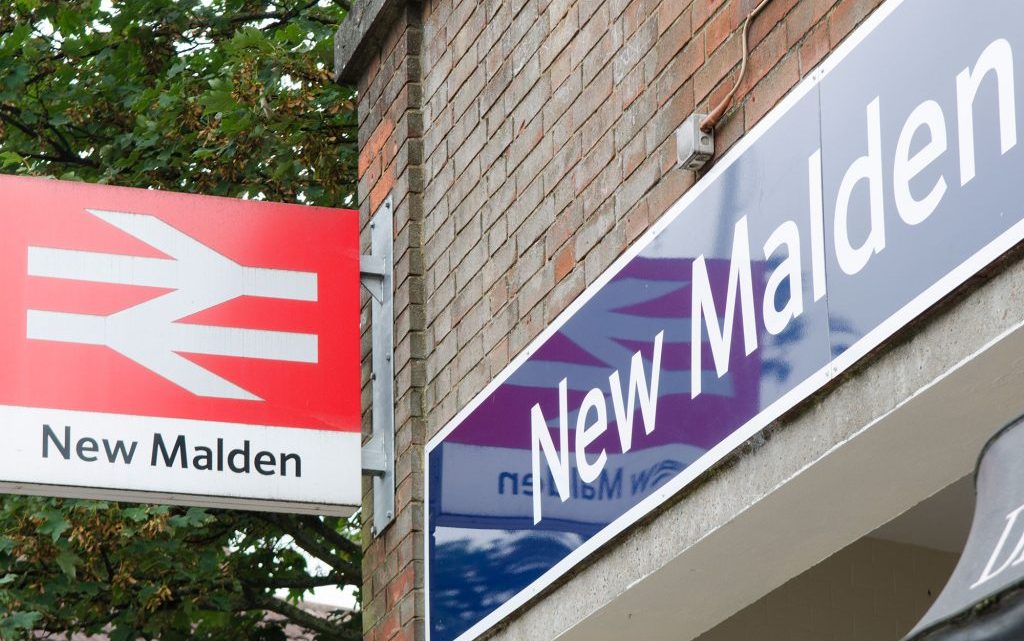
How more than 20,000 Koreans started living in this quiet London suburb
About 20 minutes away from central London by train, New Malden is a quiet suburb where you would not expect to find over 20,000 Koreans living in London. After all, the other Asian communities in London seem to prefer hanging out downtown — Chinatown is in Westminster, and Little India is in Southall, for example.
But if you walk down the High Street in New Malden, you will notice the lively presence of the Korean community. There are Korean supermarkets, churches, English centers and even a traditional medicine apothecary. The British locals of New Malden are used to getting along with their Korean neighbours, and some even bring recipe books to the Korean grocery store and ask for special tips on ingredients to buy.
So how did this quiet south London become Europe’s largest Korean community?
In the 1970’s, Koreans looking for more affordable properties followed the Korean ambassador and started settling in New Malden. When Korean businesses such as Samsung also started basing their HQ in the area (they’ve since moved to Chertsey), things really started to snowball.
The community continued to grow, and in 2018 New Malden resident Jaesung Ha was even elected as the first Korean councilor in the UK.
New Malden is becoming popular with Hongkongers, too.
According to a report by Hongkongers in Britain surveying aspiring and recent BN(O) arrivings in the UK, Kingston-Upon-Thames, the borough which New Malden falls under, is the most popular London borough for settlement.
With a ton of green space, cheaper property prices (compared to central London, at least), great schools and a safe community, it would be strange if Kingston wasn’t popular.
But a Hongkonger settlement in London probably won’t be as concentrated as the Korean population is in one single area.
Unlike the Koreans who arrived in the UK in the 1970’s, newly arriving Hongkongers are generally proficient in English and don’t require the support of the community as heavily. Although having a like-minded community makes the transition easier, some are more likely to prioritise other things such as school availability and proximity to work.
Those seeking a community will also have more options to choose from. There are already other mini-hotspots of settlement in areas like Fulham, Richmond and of course, Westminster.
Regardless of how big or where the community is, there is little doubt that Asian communities in London can learn from each other’s experiences.
If you’ve enjoyed this post, subscribe to the UK Property Insider. Weekly emails to help you get smarter about UK property.